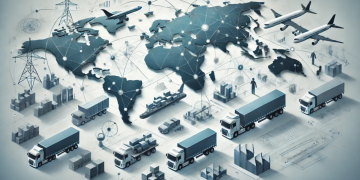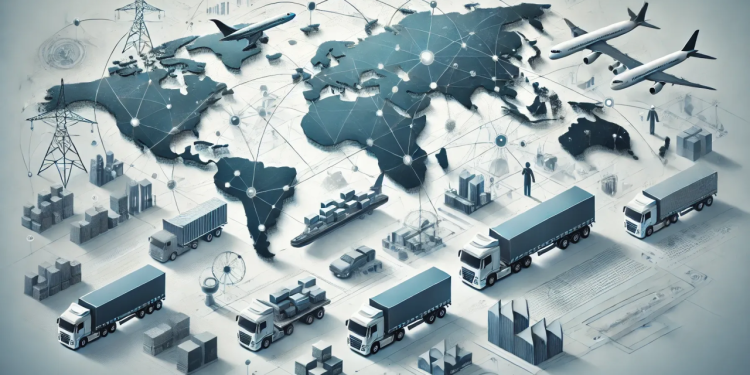By Eva Richardson – The Logistic News
In a sector known for big announcements—robots, automation, and promises of one-hour delivery—a different kind of transformation is taking place. It’s less visible, less headline-worthy, and yet perhaps more defining: a shift in how logistics sees itself.
The obsession with speed is slowing down
For years, innovation in logistics meant moving faster. Shaving seconds off picking times, hours off shipping, days off replenishment. But in 2025, that logic is showing its limits. Speed has a cost—on energy, people, and strategic clarity. And that cost is becoming unsustainable.
“We’re not necessarily trying to go faster anymore,” says Lucille Brachet, head of transport coordination at a multinational distributor.
“We’re trying to better understand where we’re going, why, and with whom.”
Redefining what optimization really means
The real breakthrough in logistics today may not come from new technology, but from how that technology is applied. An algorithm is only useful if it serves a meaningful purpose. A decarbonized fleet won’t solve anything if the flows it supports are misaligned. Efficiency alone is not enough if it’s disconnected from intent.
The most forward-thinking companies are now the ones brave enough to simplify, to slow certain flows, to pool resources where segmentation once ruled, and to embed sustainability constraints not at the end—but at the design phase of their networks.
Innovation as the art of letting go
Sometimes, the smartest strategy is to let go—of markets, of promises, of habits. The logistics leaders of 2025 are those who focus less on doing everything and more on doing the right things, for the right reasons. What once seemed risky—scaling down, stepping back—is fast becoming a strategic advantage.
And it requires courage. Not technical courage.
Strategic courage.
Seeing further, even in the everyday
The challenge is no longer to implement more tools. It’s to ask better questions. What would a lean but effective supply chain look like? Which customers do we really want to serve? How do we rebuild long-term trust?
The logistics of tomorrow won’t be judged by aggressive targets.
It will be judged by its ability to deliver better—with less—and for longer.























